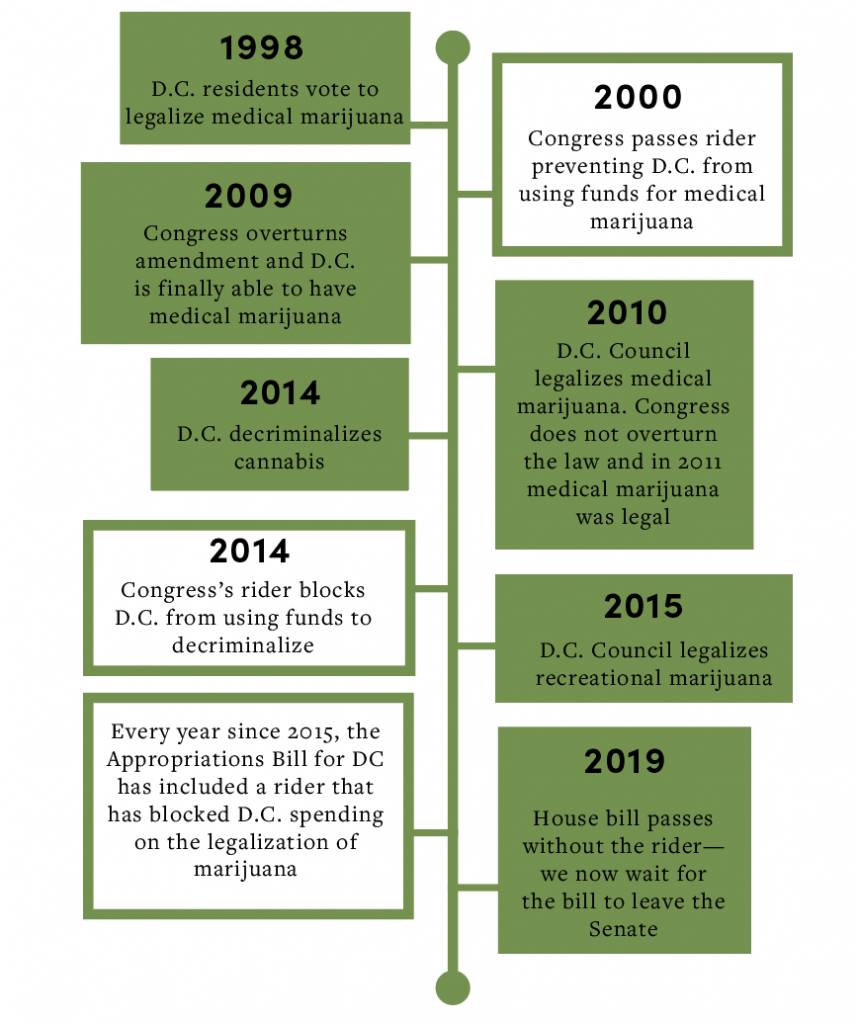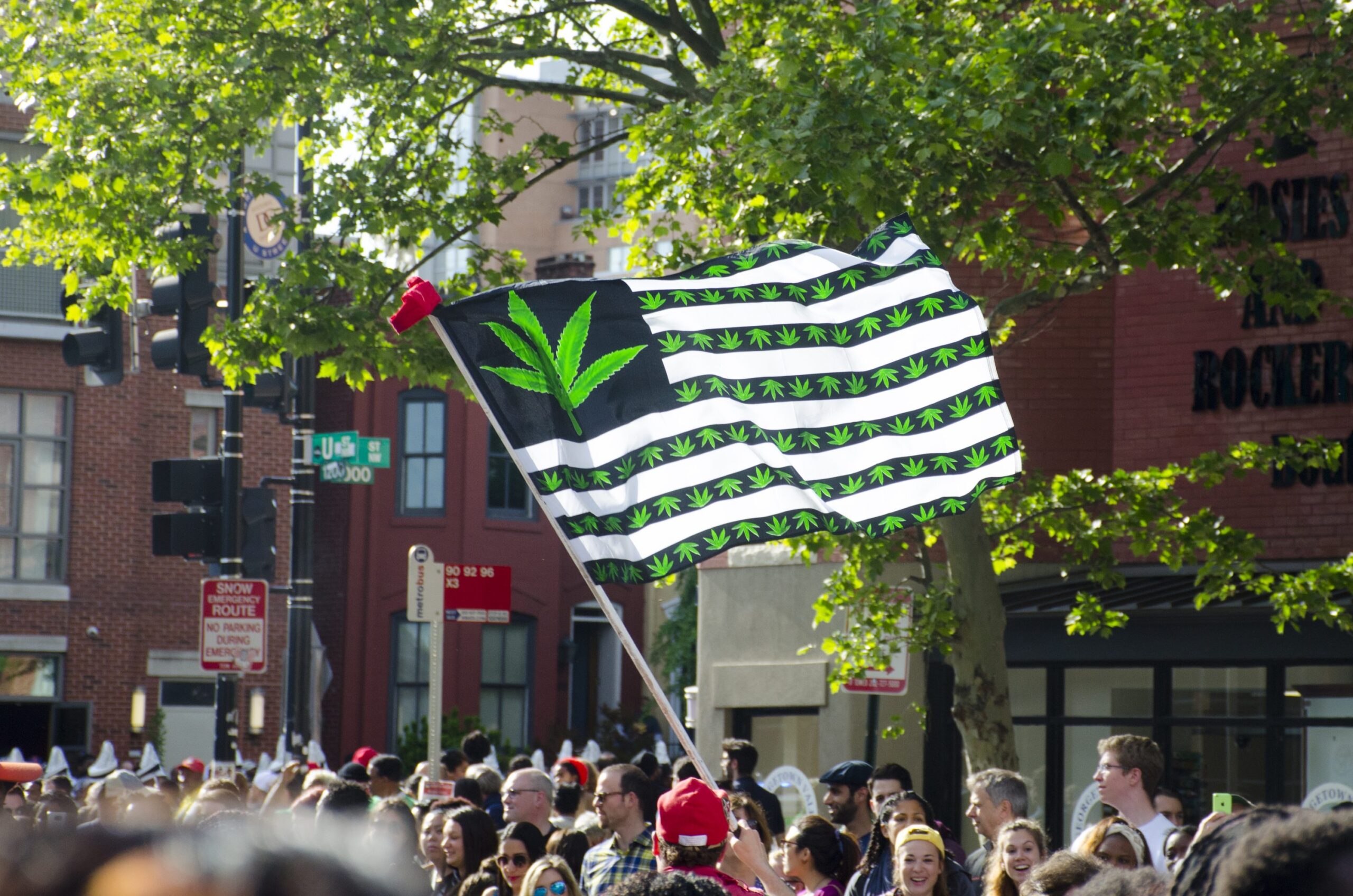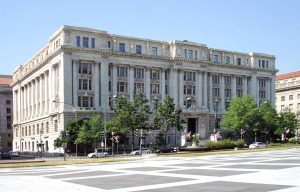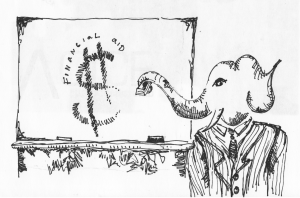In 1998, D.C. legalized medical marijuana. But in the two decades since, Congress has blocked D.C. from spending any money on regulating marijuana, whether for medical purposes or recreational use, which voters legalized in 2014. As a result, it is legal in D.C. to possess up to two ounces of marijuana if you are over 21. It is not, however, legal to purchase or sell recreational marijuana, despite voter approval. Medical marijuana dispensaries exist—there are six in the city—but entrepreneurs face high cost barriers to entering the industry, handing it over to the wealthy and well-connected.

This editorial board believes that Congress must stop interfering with the District’s budget and allow the D.C. Council to enact the marijuana policies that have been voted on by residents. Additionally, the Council needs to ensure that, if and when the sale of recreational cannabis passes through Congress, small businesses are able to partake in the expected profits.
Currently, the D.C. government cannot tax marijuana, and no D.C. government employees can work to help regulate marijuana sales. To get around this, the D.C. cannabis industry operates in a “gray” market in which customers can purchase some innocuous item such as a T-shirt and receive cannabis as a supposed gift from the merchant—which is illegal.
Because of its status as a federal district and not a full-fledged state, D.C.’s entire budget must be approved by Congress. This power allows Congress to prevent D.C. from spending its local tax money on regulating the marijuana industry, which is estimated to generate $130 million per year. Because of this interference, the District loses out on $20 million in annual revenue.
In Congress, the House passed the D.C. budget for next year over the summer, and for the first time in 20 years, the bill does not include a marijuana rider. If the Senate bill, which has yet to be introduced, passes without the rider, then D.C. could finally implement the legalized marijuana system it has voted for.
This April, Mayor Muriel Bowser also introduced the “Safe Cannabis Sales Act,” which would enable the Alcoholic Beverage Regulation Administration to also license and oversee marijuana businesses. Bowser would impose a 17 percent sales tax on marijuana products that would go toward enforcing the new regulations and funding affordable housing. Her proposal would seal the records of people with misdemeanor marijuana possession convictions.
This editorial board believes this proposal is a good start, but is insufficient to address concerns about the equity of the marijuana industry in the city. The administration must address the gray market that exists now, which remains on the wrong side of the law. With Bowser’s proposed plan, there are too many obstacles for less wealthy people to establish legal marijuana businesses. These obstacles include a $1,000 application fee for vendors and an annual $10,000 fee for cultivators—the next most expensive fee is $6,000 for spirits manufacturing and delivering—and the administration would have far-reaching discretion to deny licenses.
In Massachusetts, where recreational marijuana has been legal since 2016, the state has tried to limit the dominance of big corporations by offering several types of licenses, like for micro-businesses or craft cooperatives. Individuals who have been disproportionately affected by the criminalization of marijuana should also have access to priority applications. This is what D.C. needs in order to equitably expand the industry and ensure safety with the elimination of the gray market.
This editorial board urges Congress to pass the city’s budget with no rider to impede legalization, and hopes the city does everything in its power to ensure that small businesses have the ability to participate in the cannabis industry.





